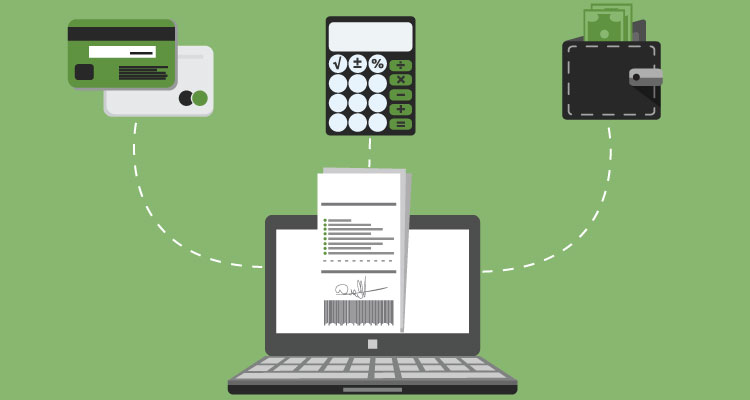It can be frustrating when you make it your main objective and goal to meet or even exceed the deadlines your clients have placed on the projects they need to be completed — only to find that when you invoice them for this quick service — they don’t pay you by your clearly marked deadline for payment.
While this not as common an occurrence as it used to be, you can actually put some strategies into practice that have been proven ways to get paid on time.
Table of Contents
ToggleHere are 8 ways that you can get someone to pay your invoice on time:
1. Incentivize on-time or early invoice payments
Many clients will respond positively to any positive reinforcement techniques that you use. Examples include a discount on the next invoice for early payment or existing payment or some other type of reward.
When they see an additional benefit for themselves without it really costing you — or them — too much, it creates a win-win situation.
2. Make the invoice and payment process more convenient
When you make it so easy for the client to receive and pay their invoice, they really can’t help but pay it on time. Some examples include using online invoicing and easy payment tools so your clients can receive the invoice and pay for it from their mobile device, as well as offer more types of payment methods.
Maybe they want to pay by credit card so they have a 30-day float. Find out what they like to use and add that payment method.
3. Use recurring invoicing, if applicable
If you bill your client on a monthly basis because you have a regular retainer payment, make it a recurring process so they get used to receiving the invoice on the same day each month for the same amount.
This gives them the option of also setting up an automatic payment for that recurring invoice, which ensures you are always paid in a timely manner.
4. Negotiate and establishment payment terms in writing
Before you start working with any client, take the time to discuss your desired payment terms and reach an agreement on the turnaround time for payment after invoice receipt and any other factors that play into how both you and your client believe that project work and payment should be received.
Putting it in writing creates a formal arrangement that builds trust and allows you to focus on the work rather whether or not payment is coming. When the client has their responsibilities and expectations in writing, they also take the arrangement more seriously.
5. Get upfront payments
Consider changing your invoicing process to get the payment first before the work gets done. You can create an agreement that states you will do certain work as soon as payment is issued. I like doing this on the first day of each month. With payment in hand, you can then produce the work, changing the process to your advantage.
Many clients actually do not mind paying upfront because then they don’t have to be reminded later.
6. Automate invoicing
Rather than using paper-based invoicing process, take your billing process to the cloud. Start by sending electronic invoices that speed receipt of your invoice. Paper invoices could take anywhere between three and five days to reach you followed by a paper payment that could take just as long.
Before you know it, you’ve added nearly two weeks to the payment process that may never lead to on-time payment. Instead, automating invoicing, including sending automated email payment reminders, can mean you get paid within 1-2 days.
7. Work on creating closer client relationships
The more a client knows you and you know them, the more likely they will appreciate your need to be paid on time. That doesn’t mean you need to tell them a sob story about needing to pay outstanding bills or debts.
What it does mean is taking the time to really get to know each other, building trust and mutual respect, and appreciating the need to satisfy the agreement you have made with each other.
This personal relationship with clients also makes it easier to pick up the phone and ask for a payment. If necessary, and it helps to avoid any misunderstandings that could further delay payment.
8. Hold the work or stop projects
If it turns out that a client doesn’t pay on time, you can easily retrain them. I suggest you pause work on every project which has already commenced — if payment has not yet been received. While it may seem like this causes a conflict, it doesn’t have to escalate to that level.
You can simply use this opportunity as a tool that reminds the client that you need to be paid. They may have forgotten) already. It also shows that occasional client who may be seeing what they can get away with. Non-payment is not tolerated. You don’t want to have a relationship with a client that tends not to pay you. You’ve done the work, time to get paid.
While you may not need to use all these tips to get paid on time, it’s good to have them in your back pocket should the need arise. Stay positive, polite, and proactive in all that you do with your clients, delivering your best work, but also expecting them to fulfill their end of the relationship –with the payments due to you, on time, for the work you have done.














